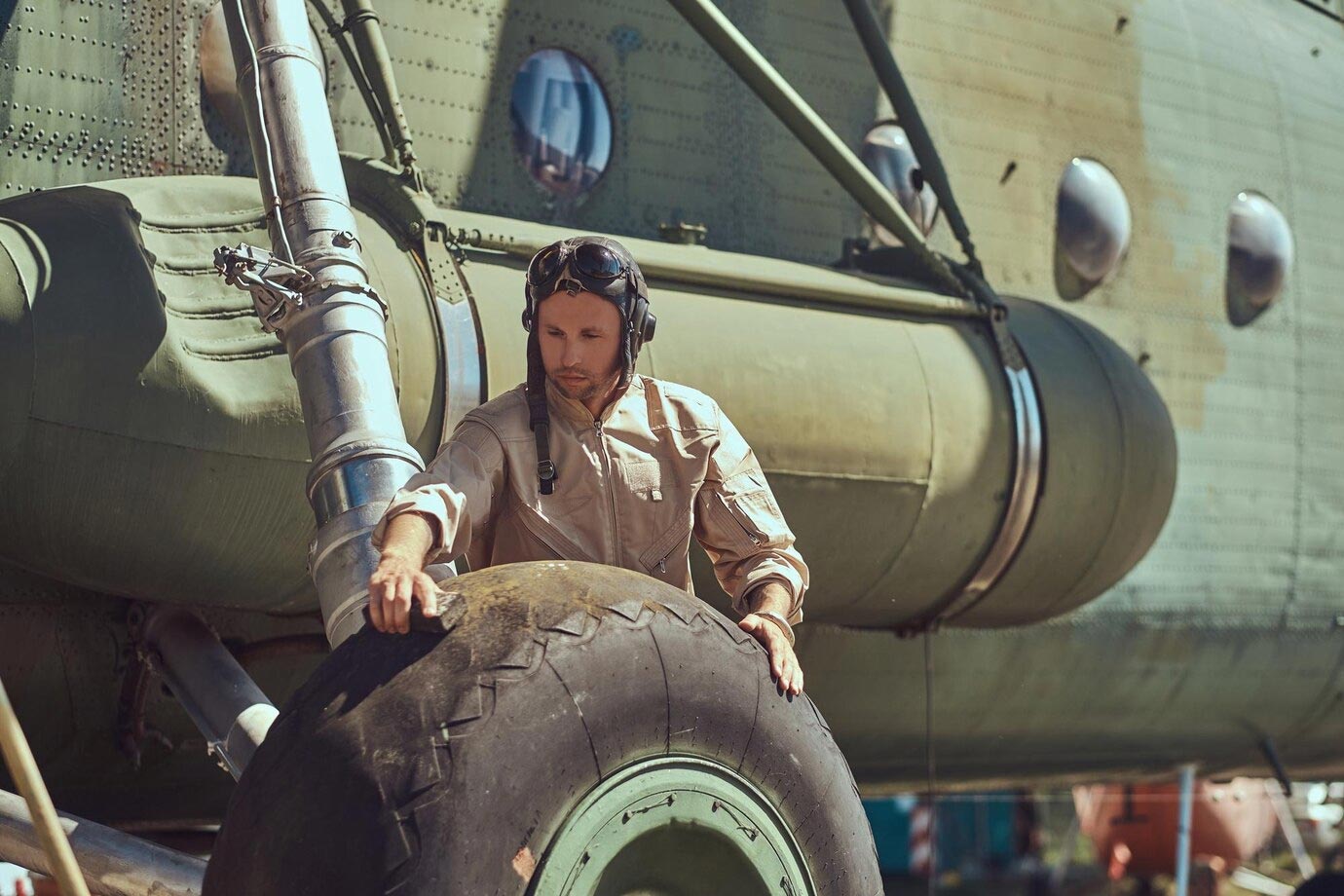C17 Globemaster Specifications
C17 Globemaster Specifications
The C17 Globemaster III is a large military transport aircraft developed by McDonnell Douglas, now a part of Boeing. Designed for rapid strategic airlift of troops and cargo, it is an essential tool for global military operations.
Dimensions
The aircraft is notable for its impressive dimensions:
- Length: 174 feet (53 meters)
- Wingspan: 169.8 feet (51.75 meters)
- Height: 55.1 feet (16.79 meters)
- Wing area: 3,800 square feet (353 square meters)
These dimensions enable the aircraft to handle bulky cargo and a large number of troops effectively.
Performance
The C17 has been engineered for high performance:
- Maximum speed: 515 mph (830 km/h) at 28,000 feet
- Cruising speed: 450 mph (724 km/h)
- Stall speed: 115 mph (185 km/h)
Its range is equally impressive:
- Ferry range: 5,610 miles (9,000 kilometers) with no payload
- Range with max payload: 2,420 miles (3,890 kilometers)
The C17 needs this kind of performance for quick deployment in various terrains and conditions across the globe.
Payload Capacities
The aircraft is designed to carry significant payloads:
- Maximum payload: 170,900 pounds (77,519 kilograms)
- Seating capacity: 102 paratroopers or 134 troops with centerline seats
- Medical evacuation: 36 litter and 54 ambulatory patients
Beyond troops, the C17 can transport a range of equipment, from M1 Abrams tanks to Humvees.
Engines
The C17 is powered by four turbofan engines:
- Type: Pratt & Whitney F117-PW-100
- Thrust: 40,400 pounds-force (179.9 kN) each
The power offered by these engines allows the C17 to perform takeoffs and landings on short and unpaved runways.
Operational Capabilities
Key operational features include:
- Capable of delivering cargo and personnel to austere airfields
- Can refuel in-flight for extended range
- Equipped with advanced avionics for all-weather operations
The versatility of the C17 makes it an invaluable asset for military missions and humanitarian efforts.
Defensive Systems
The aircraft is equipped with defensive systems to enhance its survivability:
- Missile warning systems
- Countermeasure dispensing systems
- Threat detection and response mechanisms
These systems ensure that the C17 can safely operate in hostile environments.
Maintenance and Durability
The aircraft is built for durability and ease of maintenance:
- Designed to withstand extreme conditions
- Features redundant systems for increased reliability
- Utilizes built-in diagnostic tools for efficient maintenance
This focus on durability helps keep the C17 operational even in challenging circumstances.
Avionics and Navigation
The C17 is equipped with state-of-the-art avionics:
- Advanced flight control systems
- GPS-based navigation
- Integrated surveillance systems
These systems aid in precise navigation and efficient mission execution.
Operational Uses
The C17 serves in various roles, including:
- Strategic and tactical airlift
- Aeromedical evacuations
- Humanitarian aid delivery
Its versatility is unmatched, making it a critical resource for many types of missions.
Global Presence
The C17 is operational with multiple air forces around the world:
- United States Air Force: Extensive fleet
- Royal Air Force: Several aircraft in operation
- Royal Australian Air Force: Key part of their airlift capability
These nations rely on the C17’s capabilities for their strategic airlift needs.
Future Developments
Continuous improvements and upgrades are planned:
- Modernization of avionics and defensive systems
- Enhanced fuel efficiency and performance
- Possible integration of new technologies
These enhancements will ensure that the C17 can meet future operational requirements.
